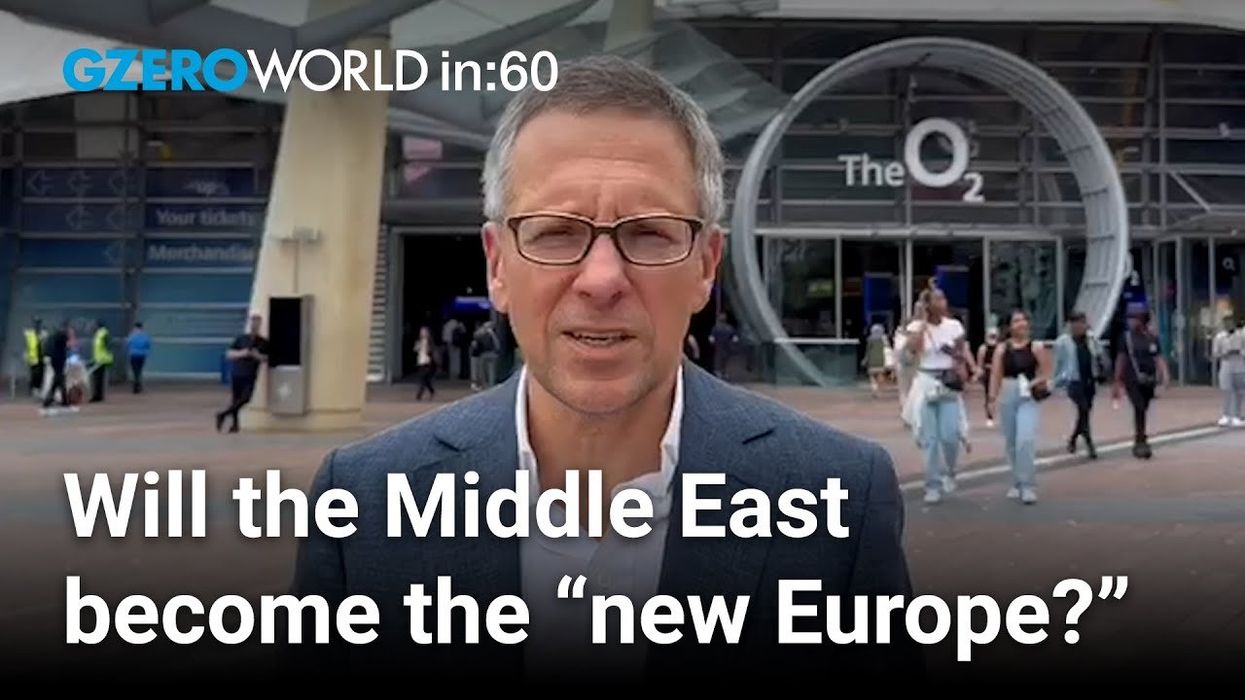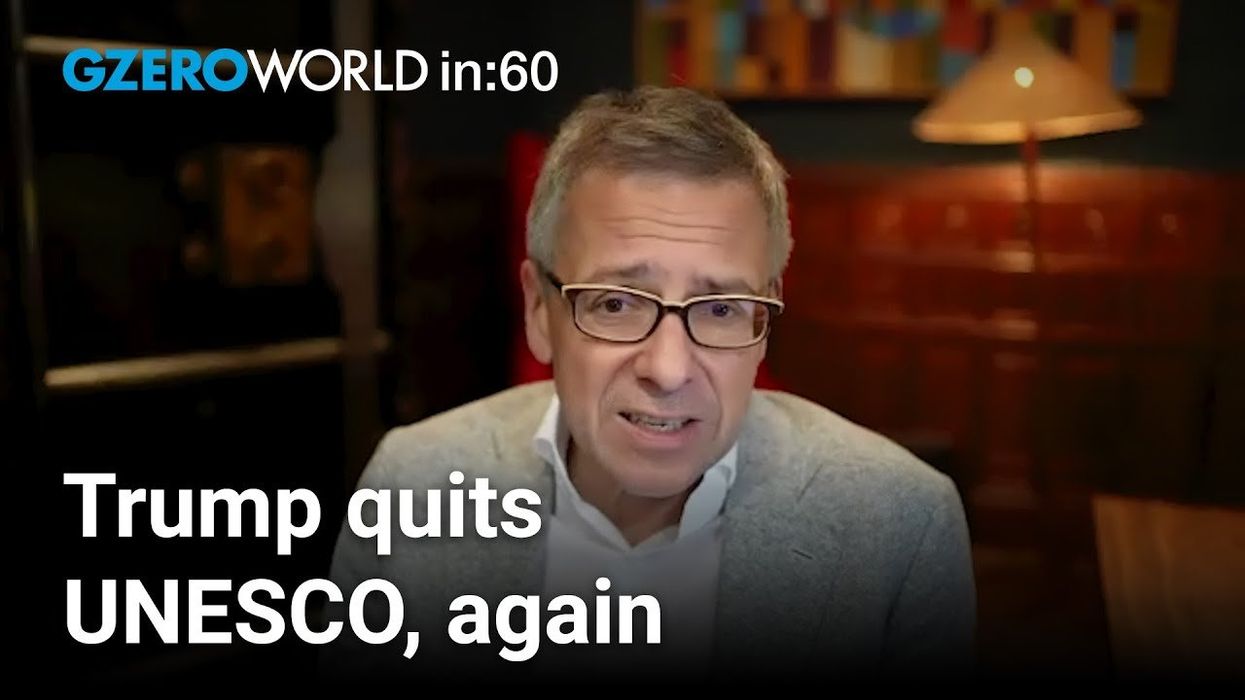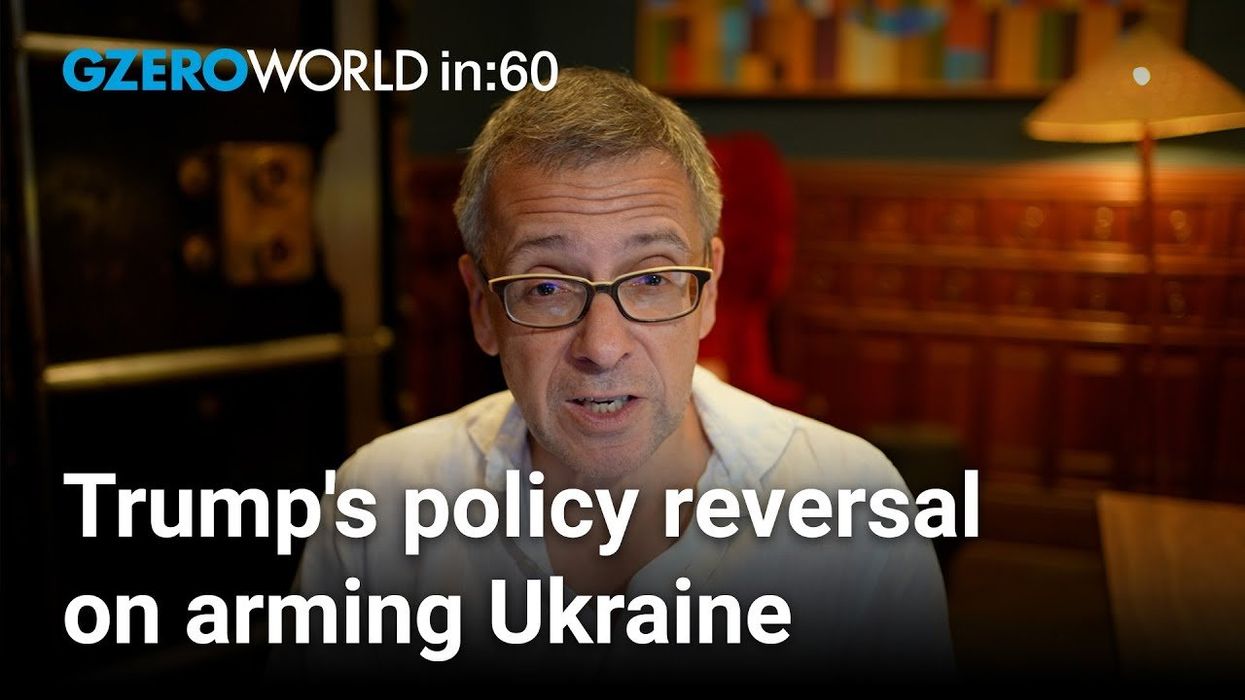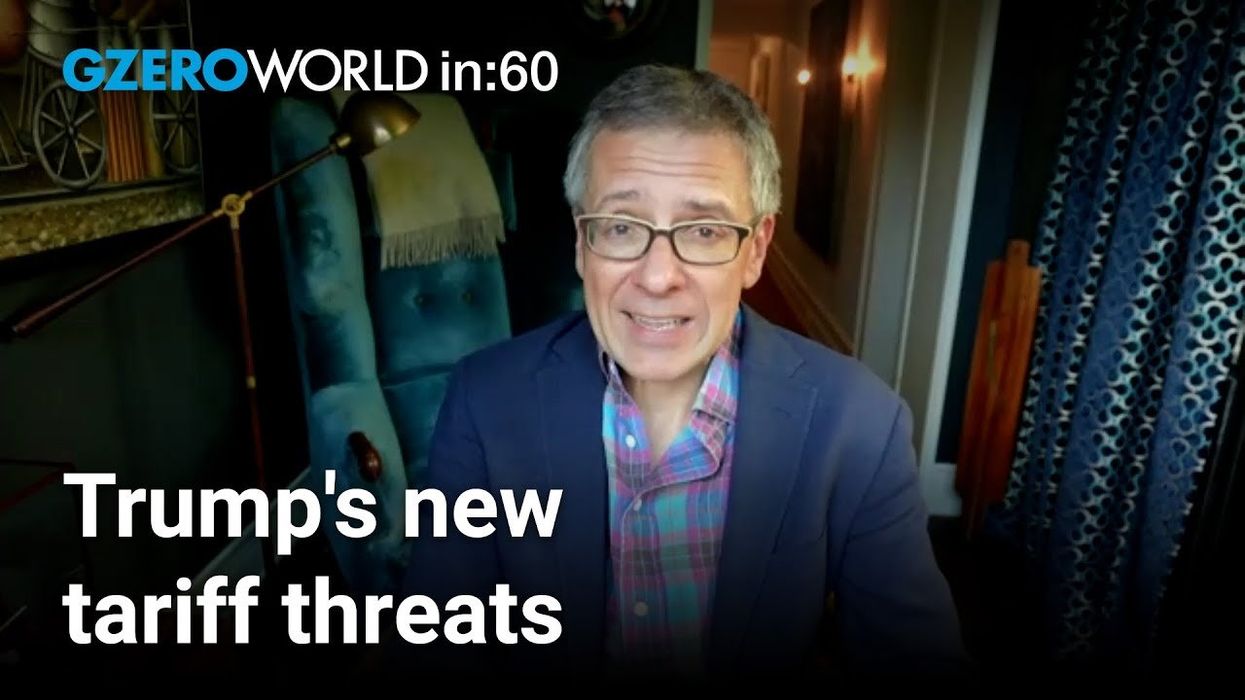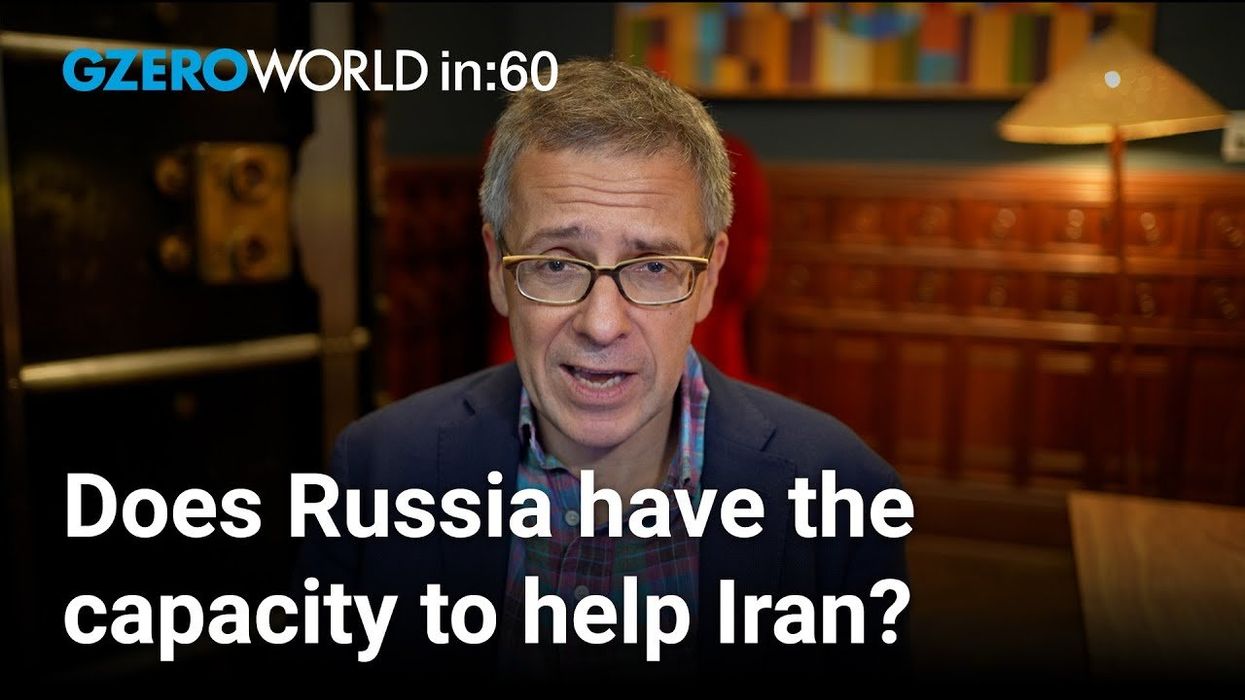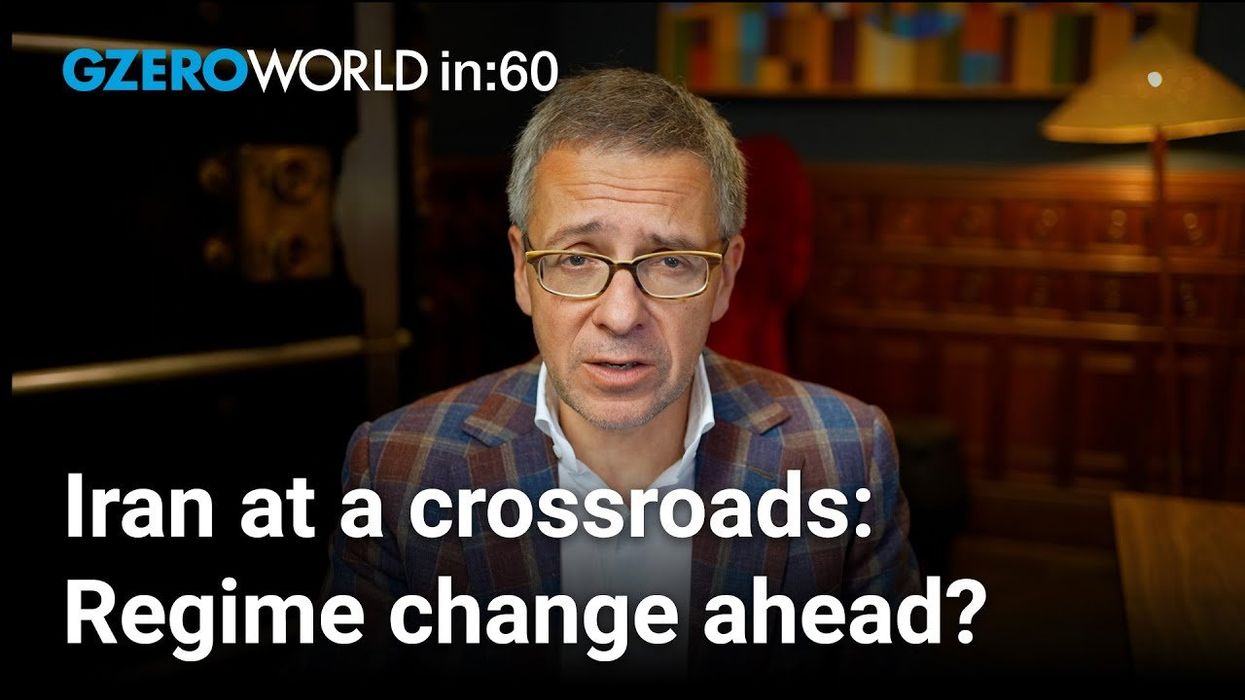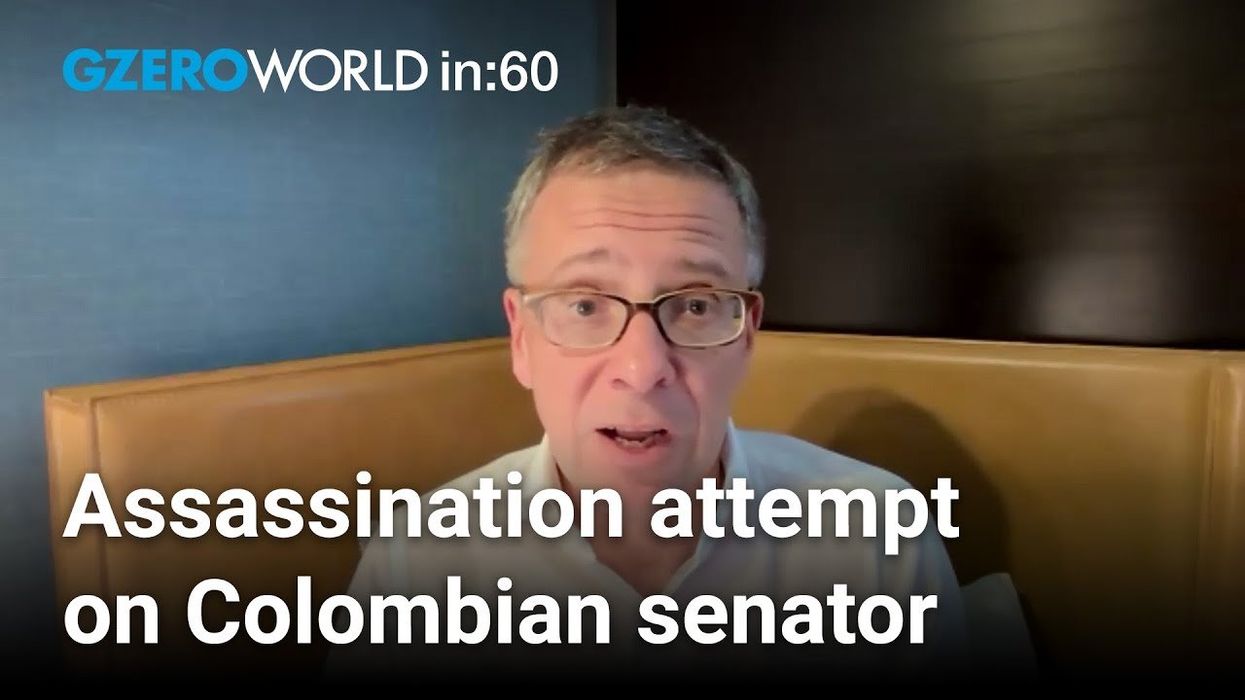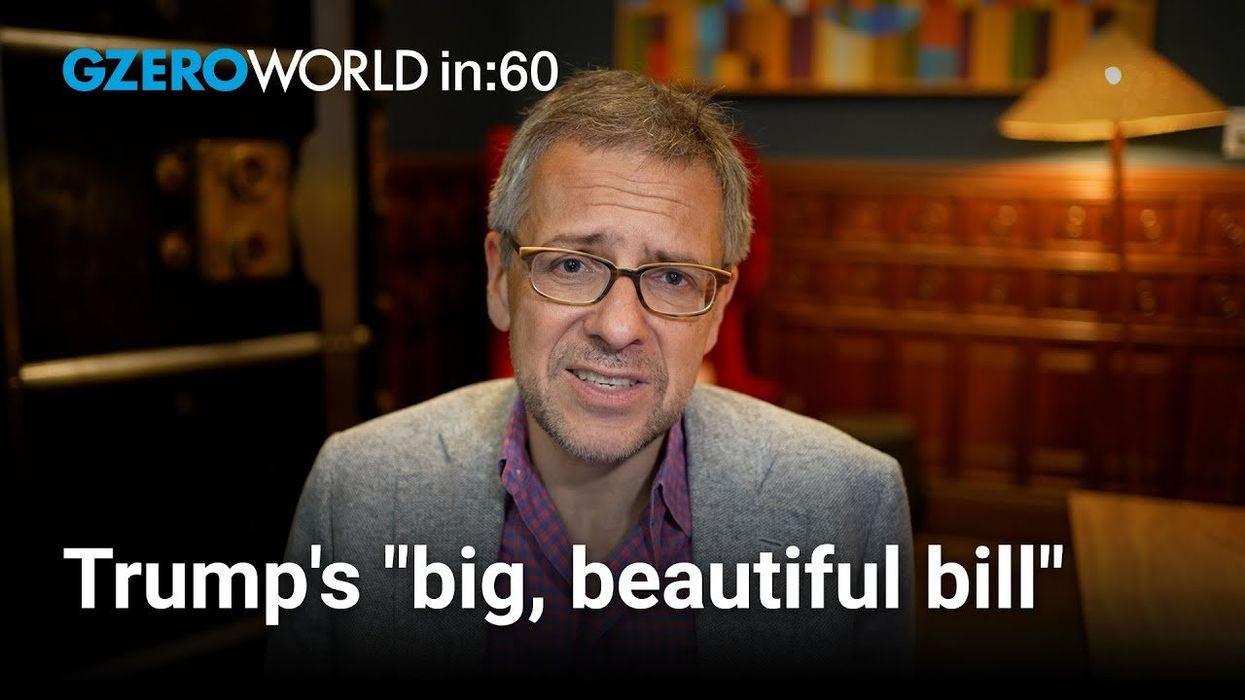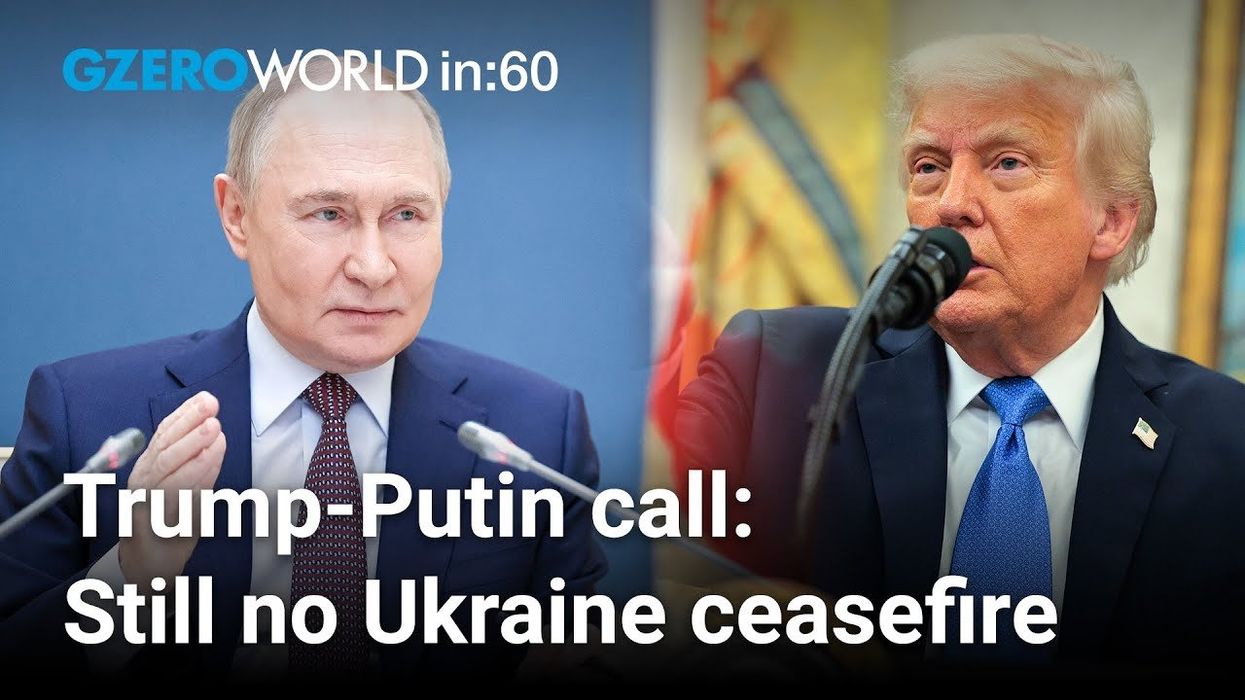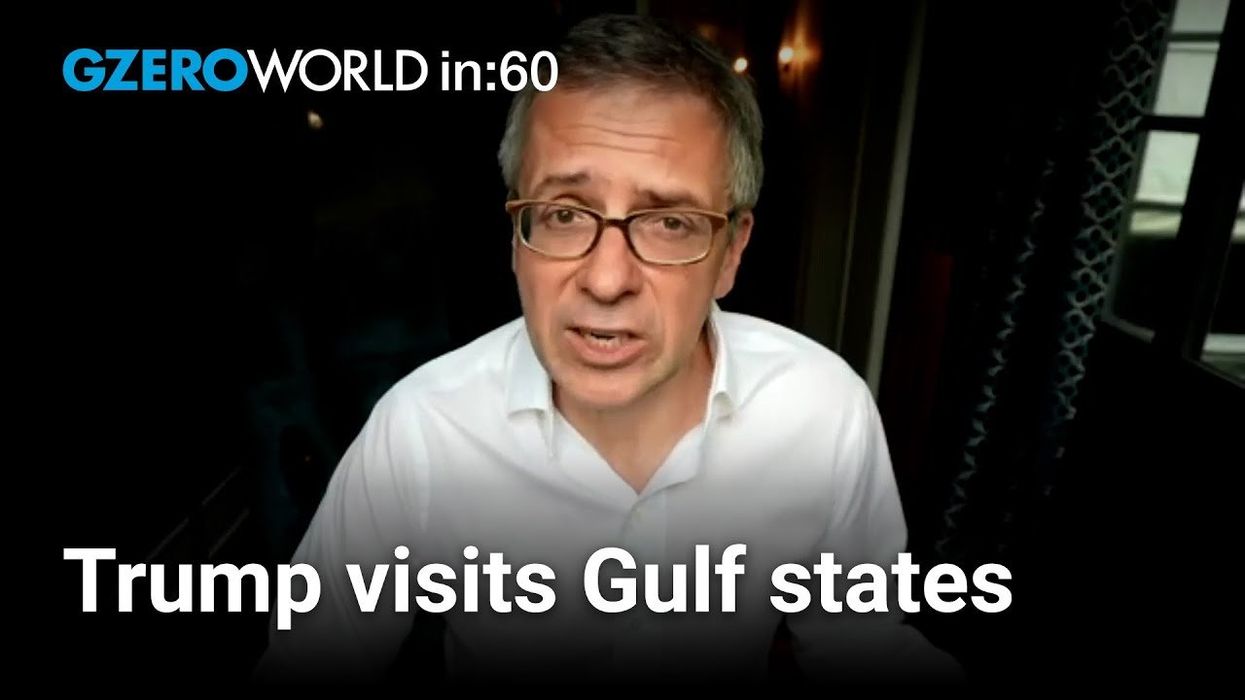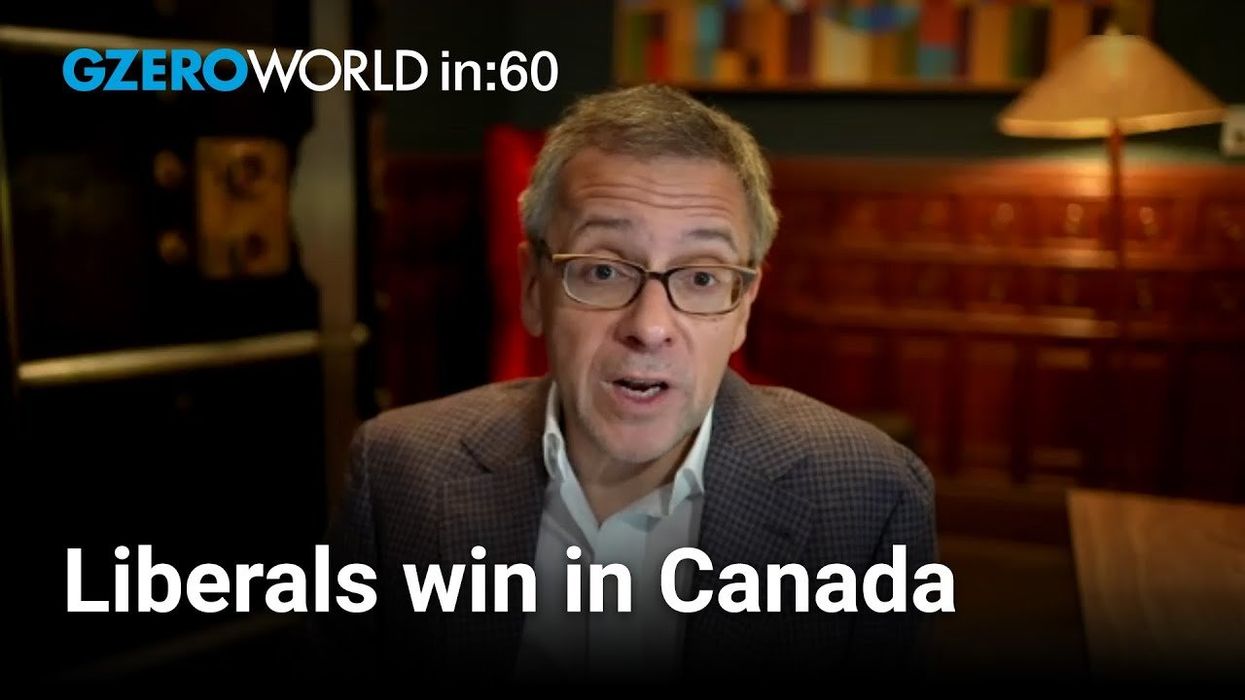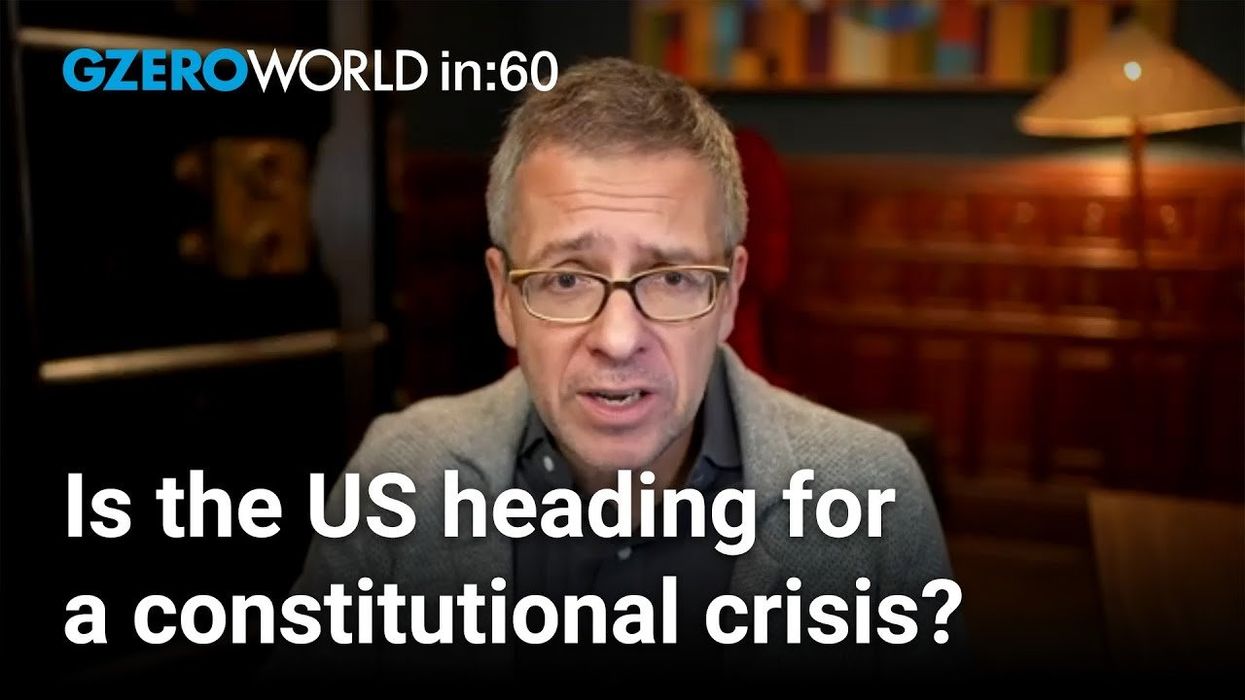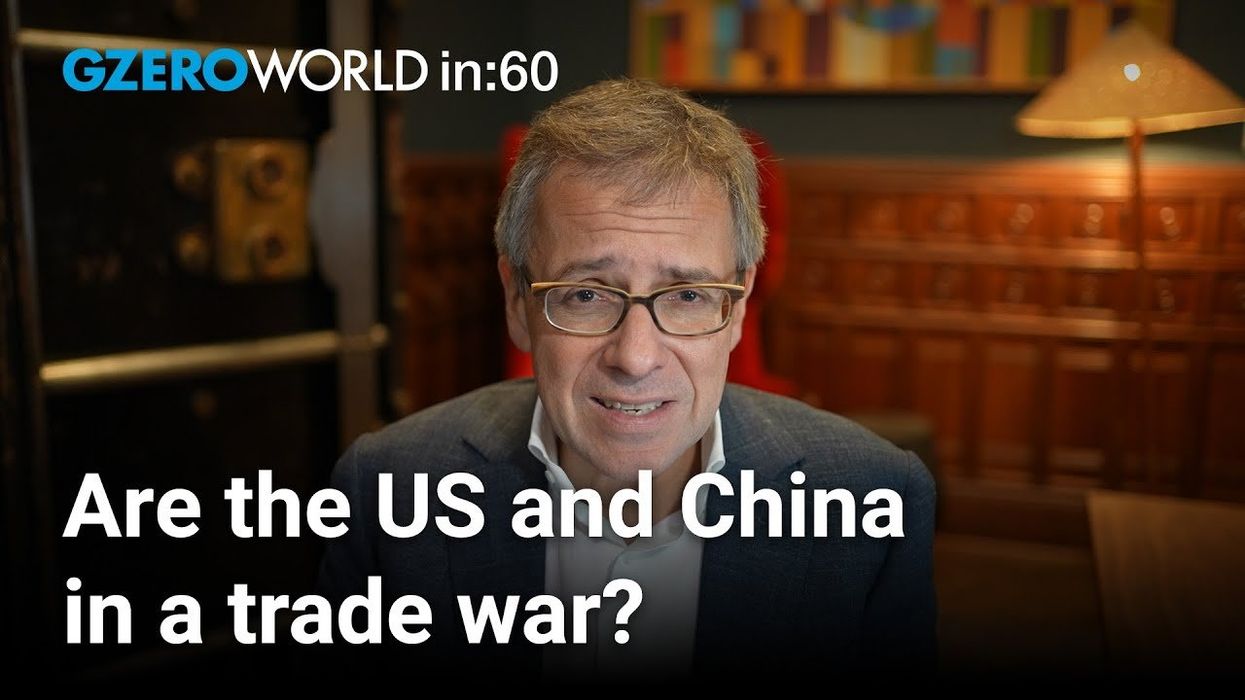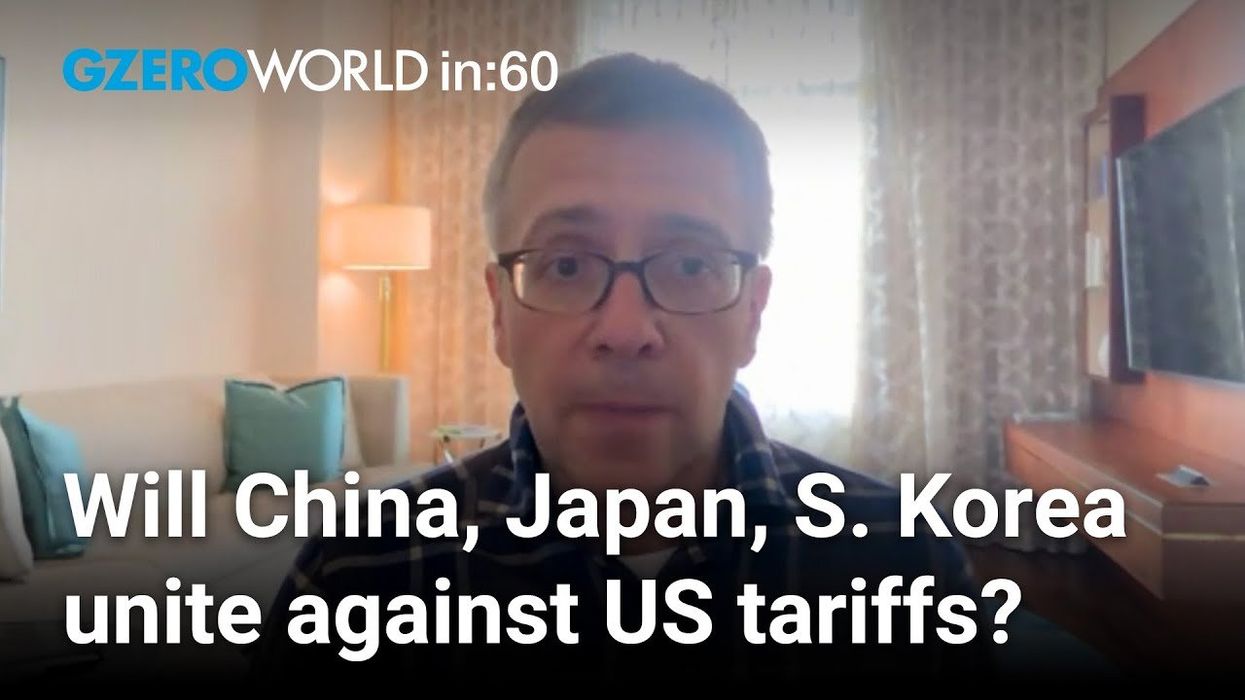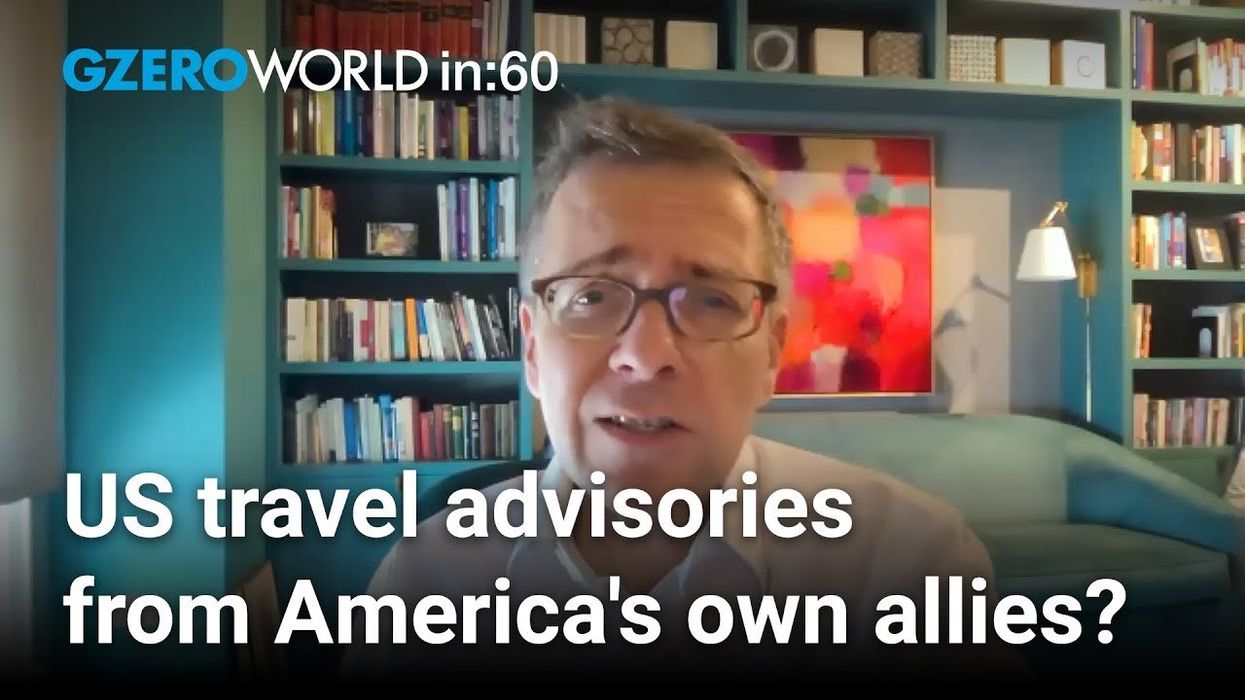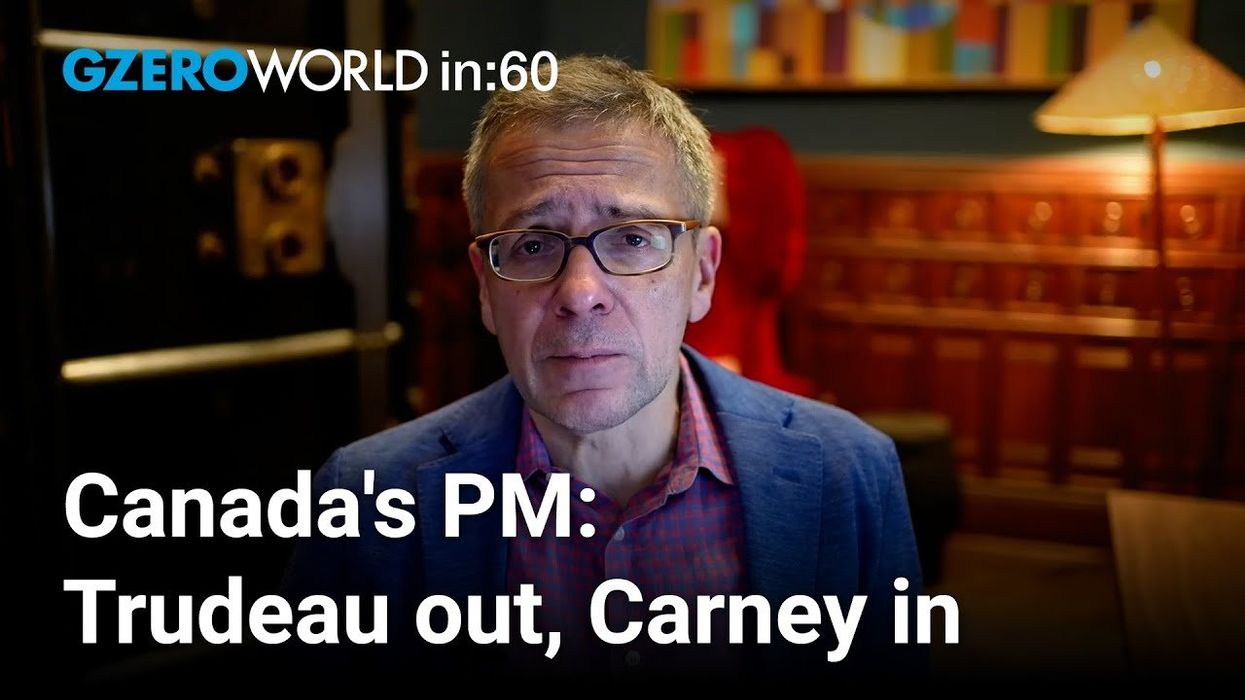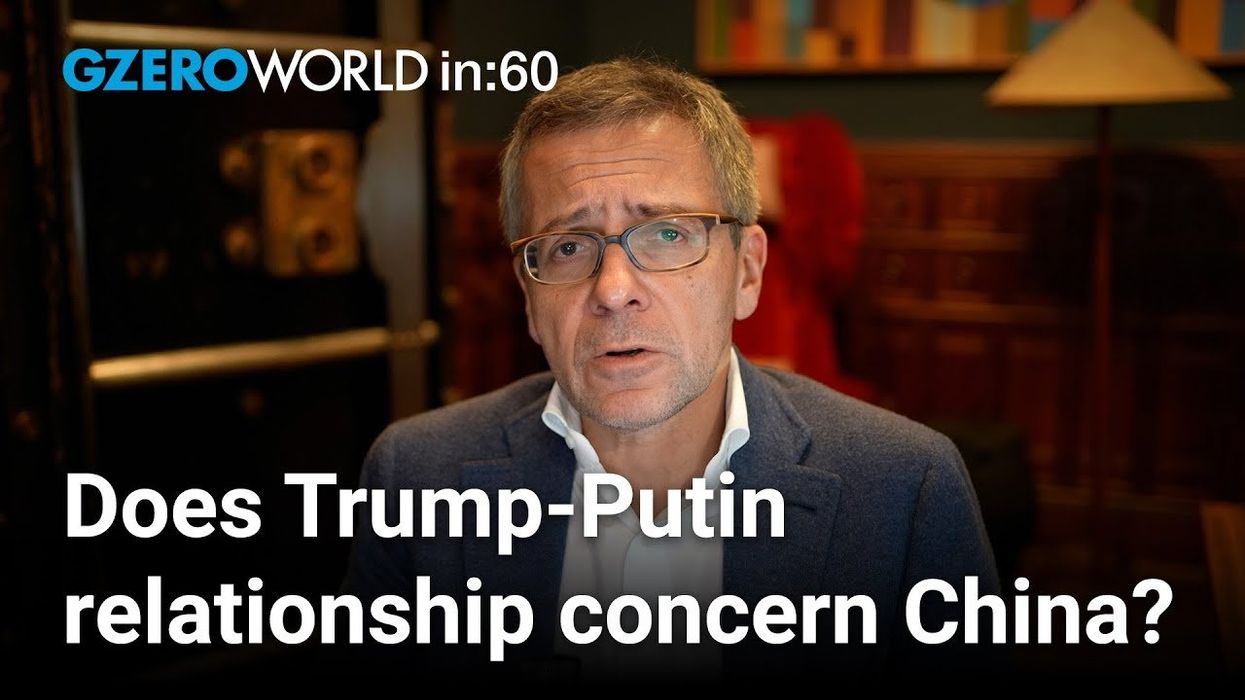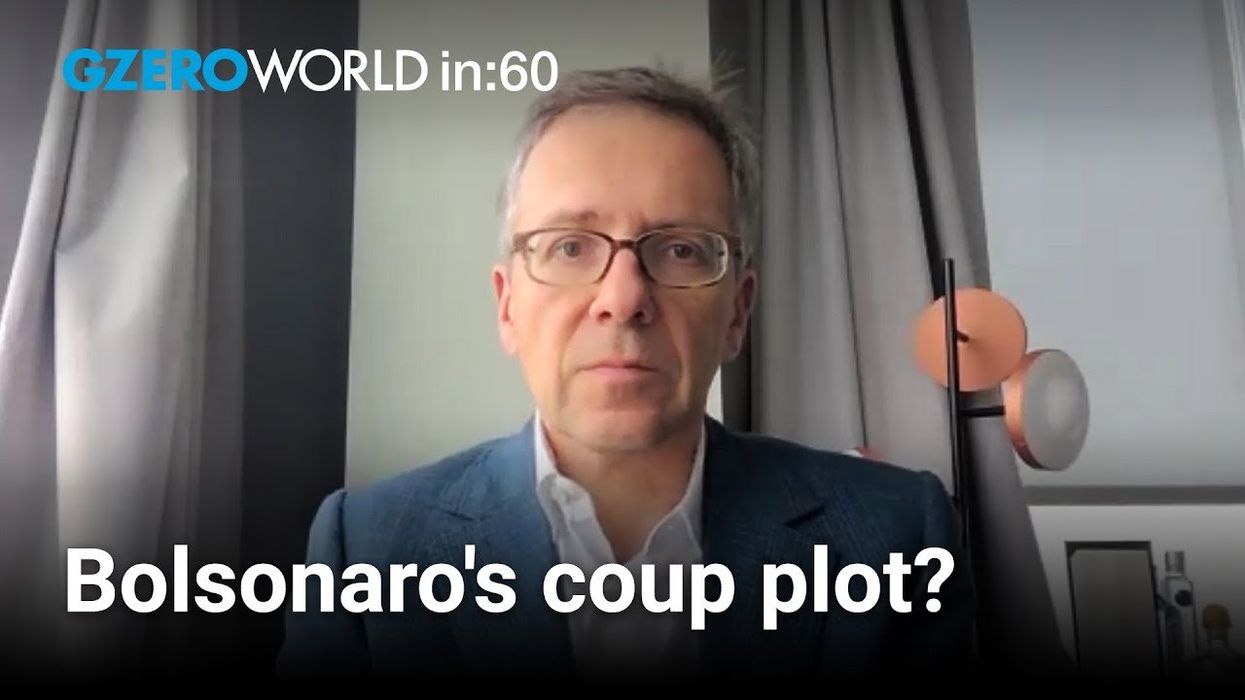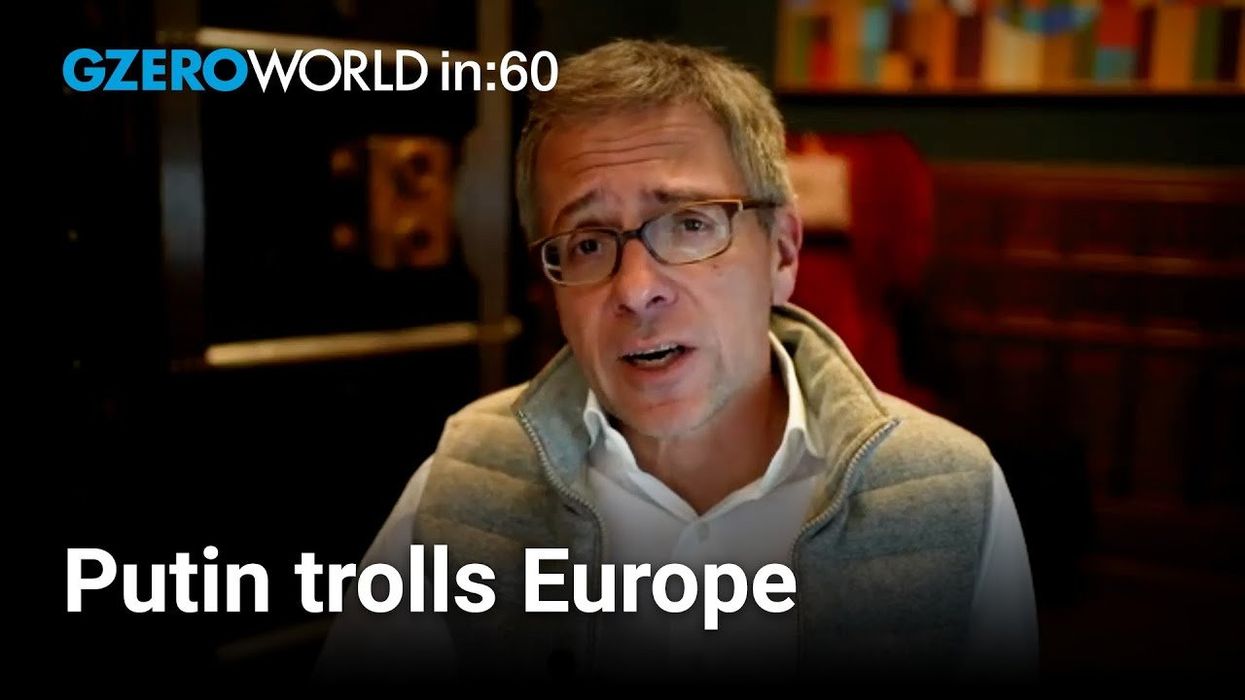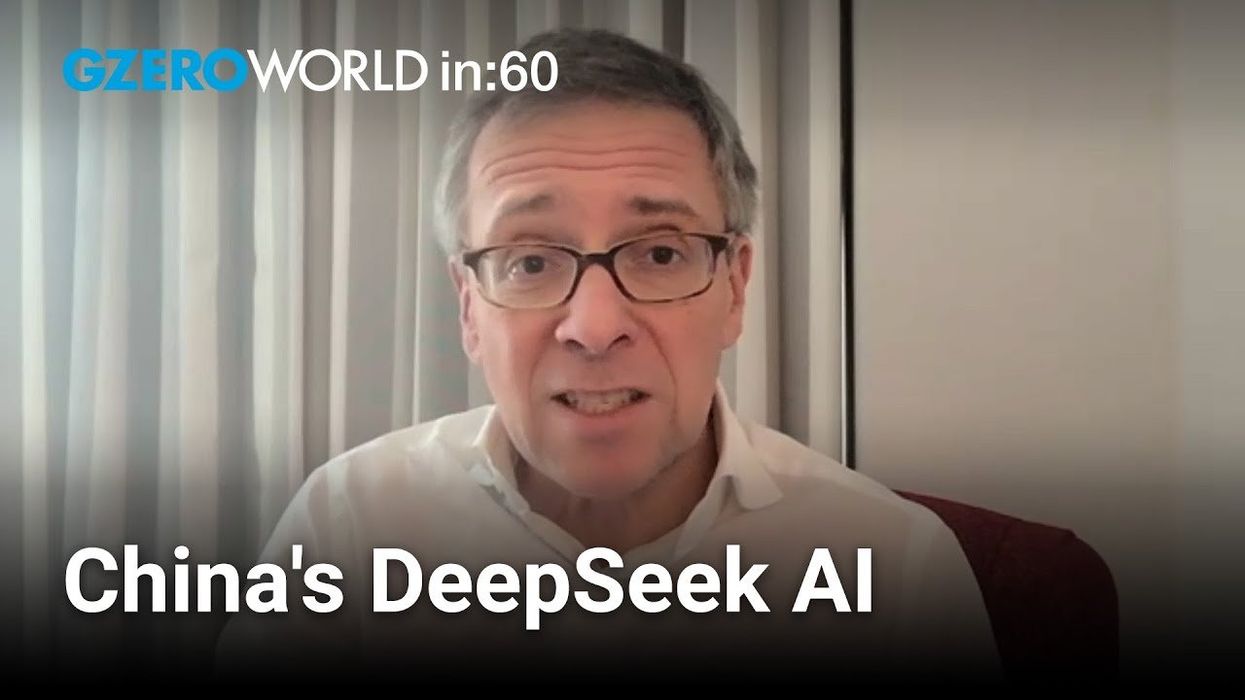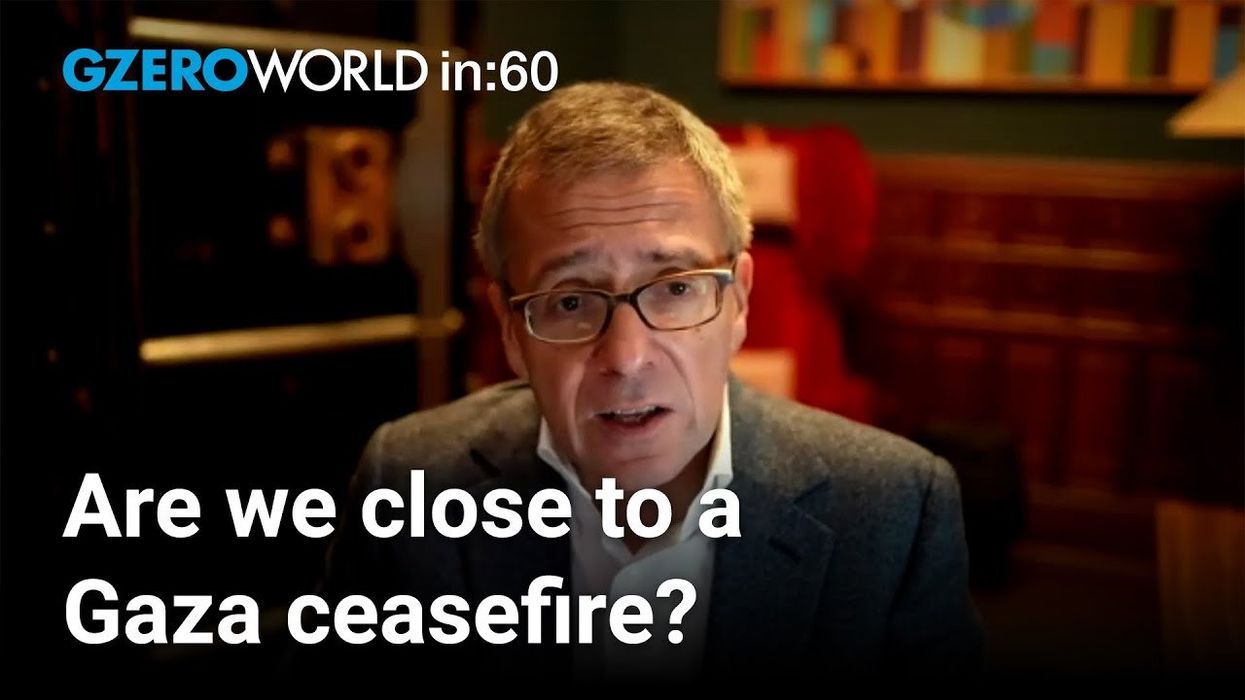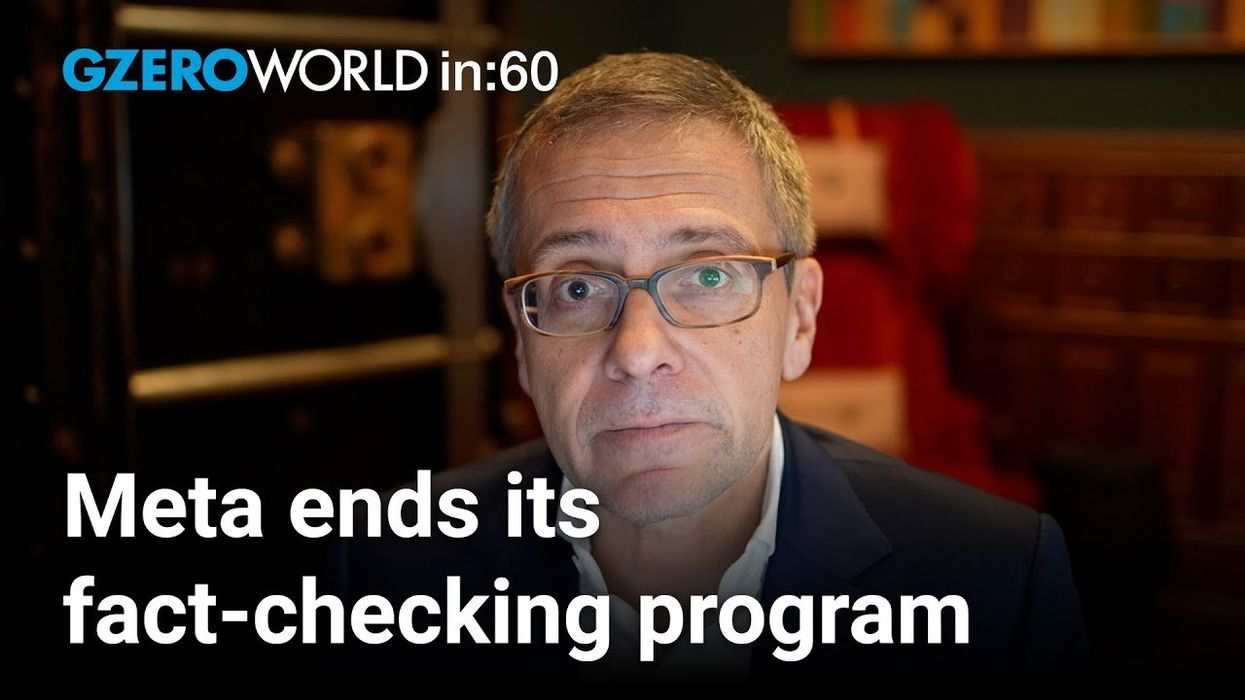VIDEOSGZERO World with Ian BremmerQuick TakePUPPET REGIMEIan ExplainsGZERO ReportsAsk IanGlobal Stage
Site Navigation
Search
Human content,
AI powered search.
Latest Stories
Start your day right!
Get latest updates and insights delivered to your inbox.
Ian Bremmer shares his insights on global politics this week on World In :60.
First, will there be long-term regional consequences following the devastating Moroccan earthquake?
I hopefully I think the answer to that is, no. I mean, the response from the government was relatively, it wasn't immediate. And it wasn't great to begin with, in part, because the king, I guess, was in Paris. And it's very vertical. Nothing happens without the king. But now they're moving. There's a lot of international humanitarian aid going in. And as devastating as it is in terms of human lives, the ability to keep Marrakech going is pretty high. Even the IMF annual meeting in a few weeks’ time should still be there. So on balance, I think this is one where the consequences are borne by all of the families, but not on Morocco more broadly.
Secondly, is the Middle East on its way to becoming “the new Europe,” as Mohammed bin Salman recently said?
Yeah, no, I wouldn't go that far. But certainly, Mohammed bin Salman has done more in terms of reform and dramatic transformation of his country, and yes, with some downside, than anyone could have imagined before he came in. That's why he's so incredibly popular among the young people in Saudi Arabia, and certainly, it's why he's attracting a lot more attention to the region, including capital investment from a lot of different places.
And finally, Kim Jong Un is traveling to meet Putin. How concerned is the West?
Should be concerned in part because that's the only person out there that really supports Putin right now. It's like Belarus, it's North Korea, it's Iran, it's rogue states that the Americans and the Europeans cannot contain or constrain. And that's a serious problem.
That's it for me. I'll talk to you real soon.
Keep reading...Show less
More from ask ian
Trump pulls US out of UNESCO, again
July 22, 2025
Trump announces new plan to arm Ukraine
July 15, 2025
Are NATO allies aligned on Iran?
June 24, 2025
Will Iran’s regime survive?
June 18, 2025
Trump-Musk rift over Trump's "big, beautiful bill"
June 04, 2025
What is Trump after in his latest Gulf states tour?
May 13, 2025
Why Mark Carney’s victory won’t heal the US-Canada rift
April 29, 2025
Trump tariff is starting a US-China trade war
April 08, 2025
What if Japan & South Korea sided with China on US tariffs?
April 01, 2025
US travel warnings issued by its closest allies
March 25, 2025
US-Canada trade war helps Mark Carney's election prospects
March 11, 2025
Why Trump won’t break the Putin-Xi alliance
March 04, 2025
Will Trump & Musk punish Brazil over Bolsonaro indictment?
February 19, 2025
Putin trolls Europe about "the master" Trump
February 04, 2025
DeepSeek puts US-China relations on edge
January 30, 2025
Gaza ceasefire likely as Biden and Trump both push
January 14, 2025
Meta scraps fact-checking program: What next?
January 07, 2025
GZERO Series
GZERO Daily: our free newsletter about global politics
Keep up with what’s going on around the world - and why it matters.

